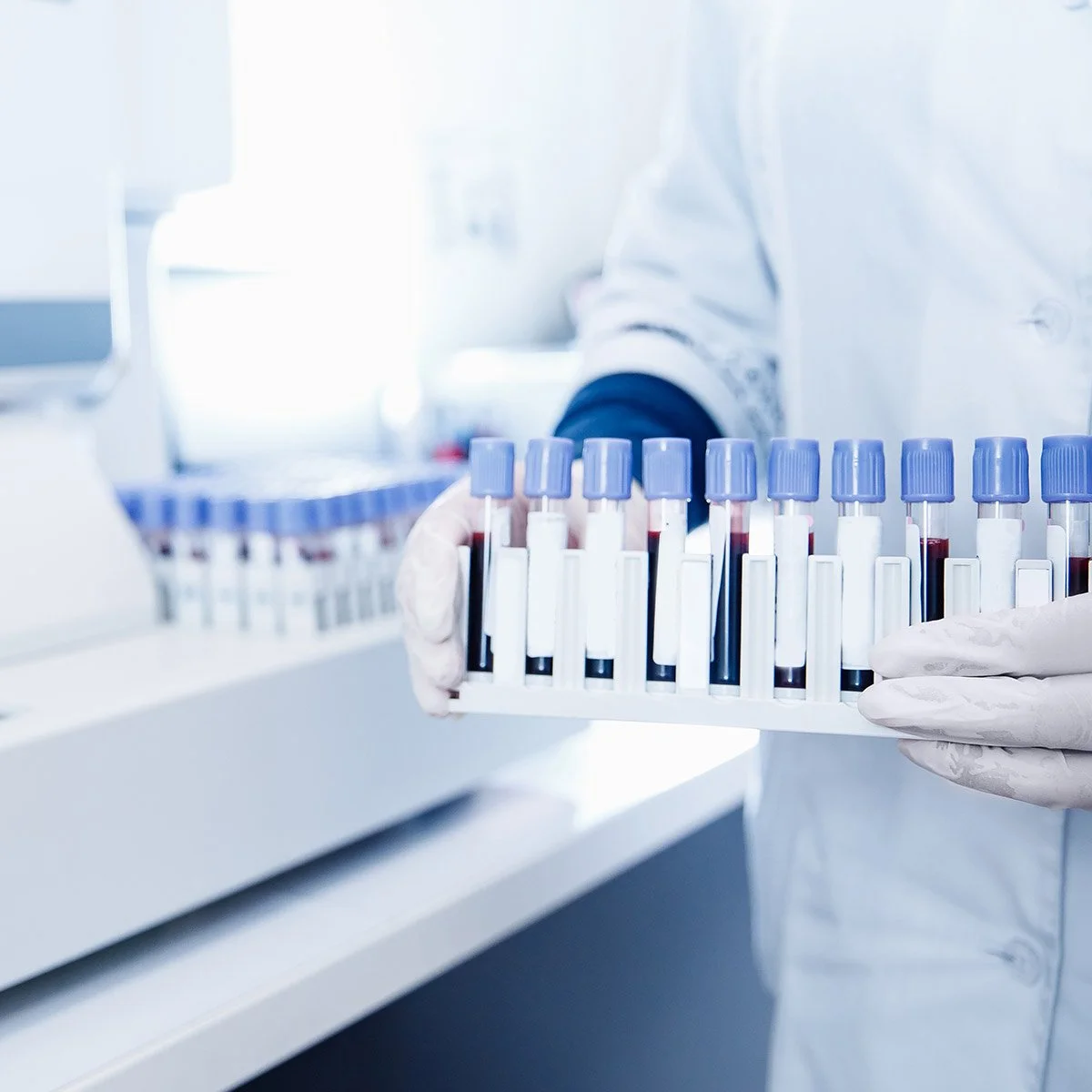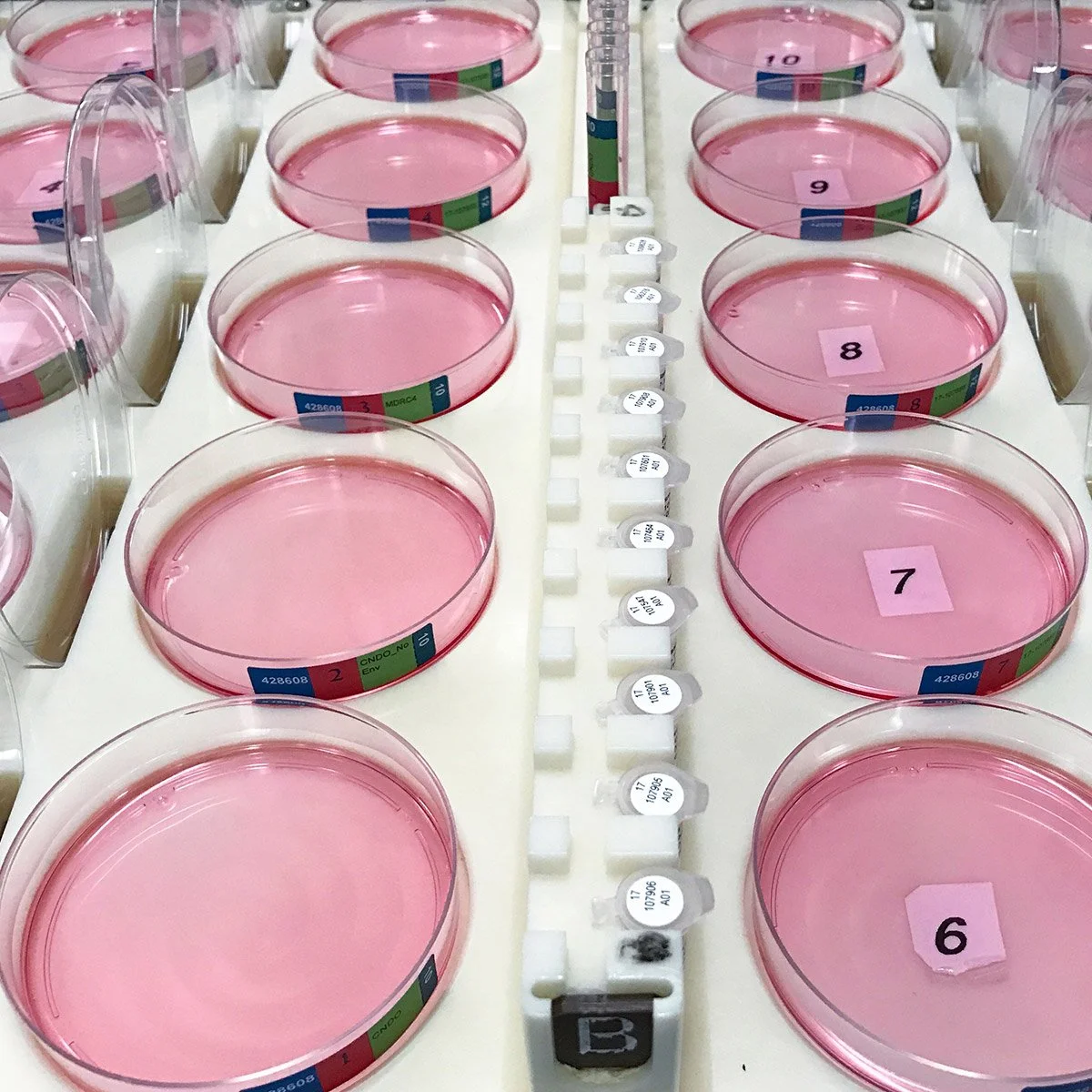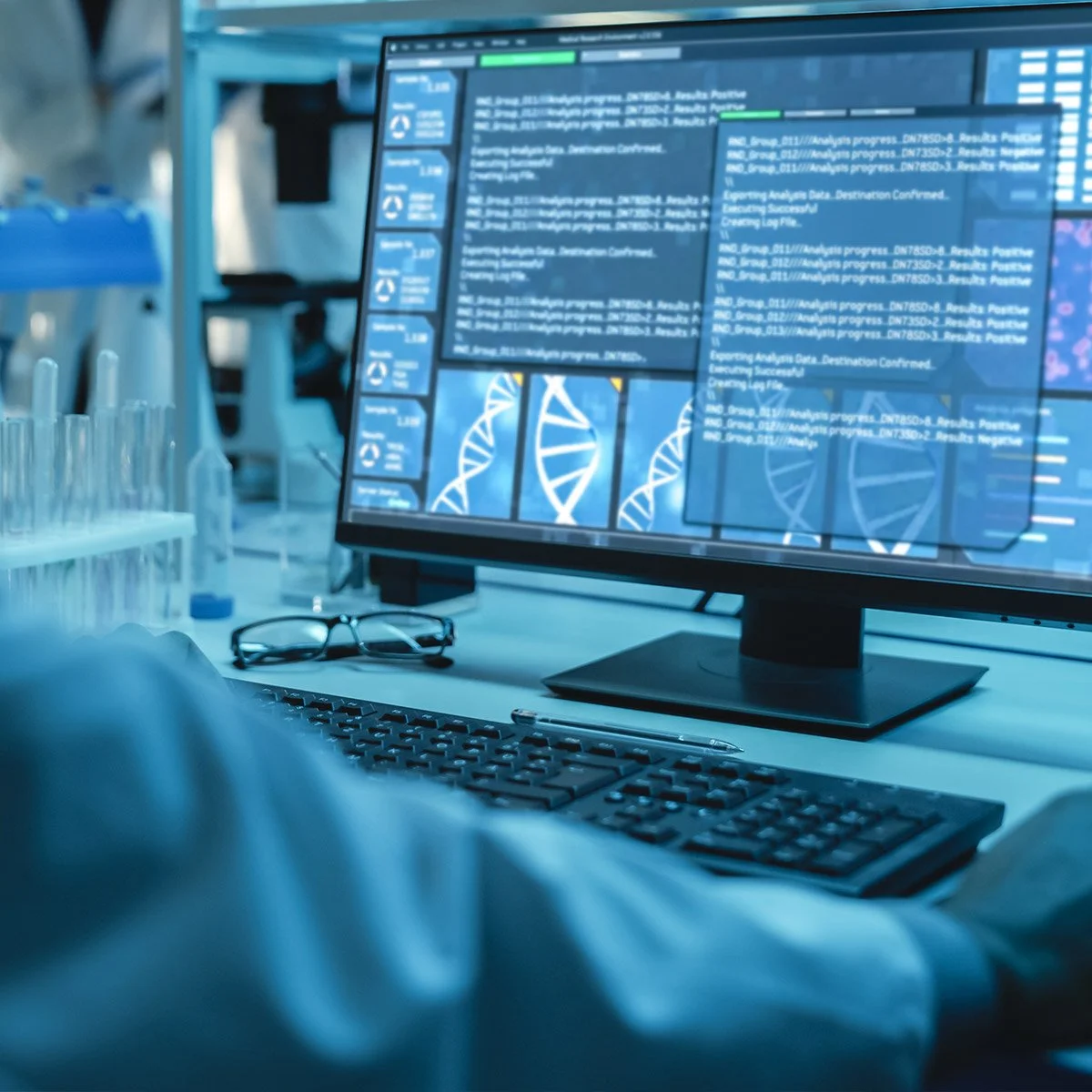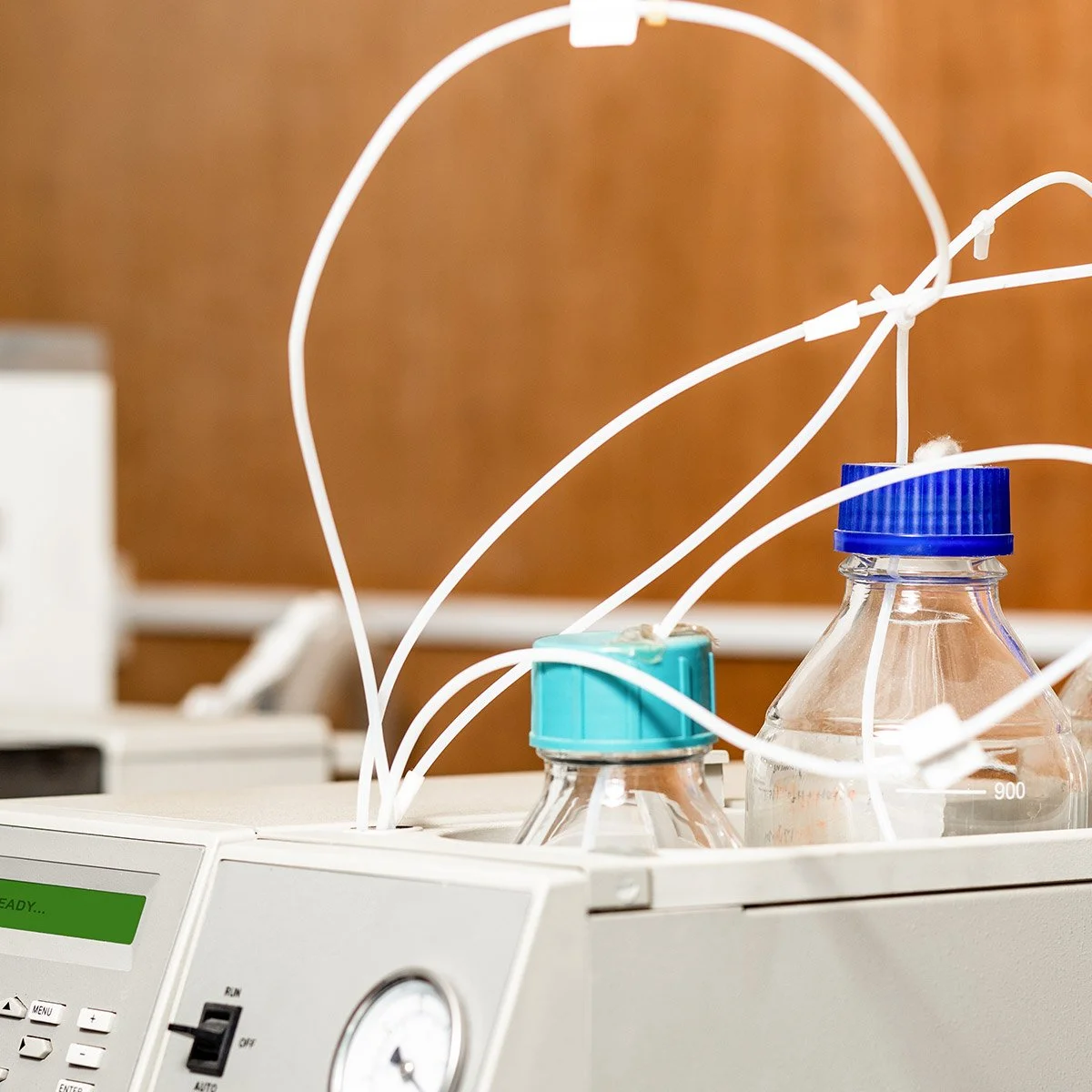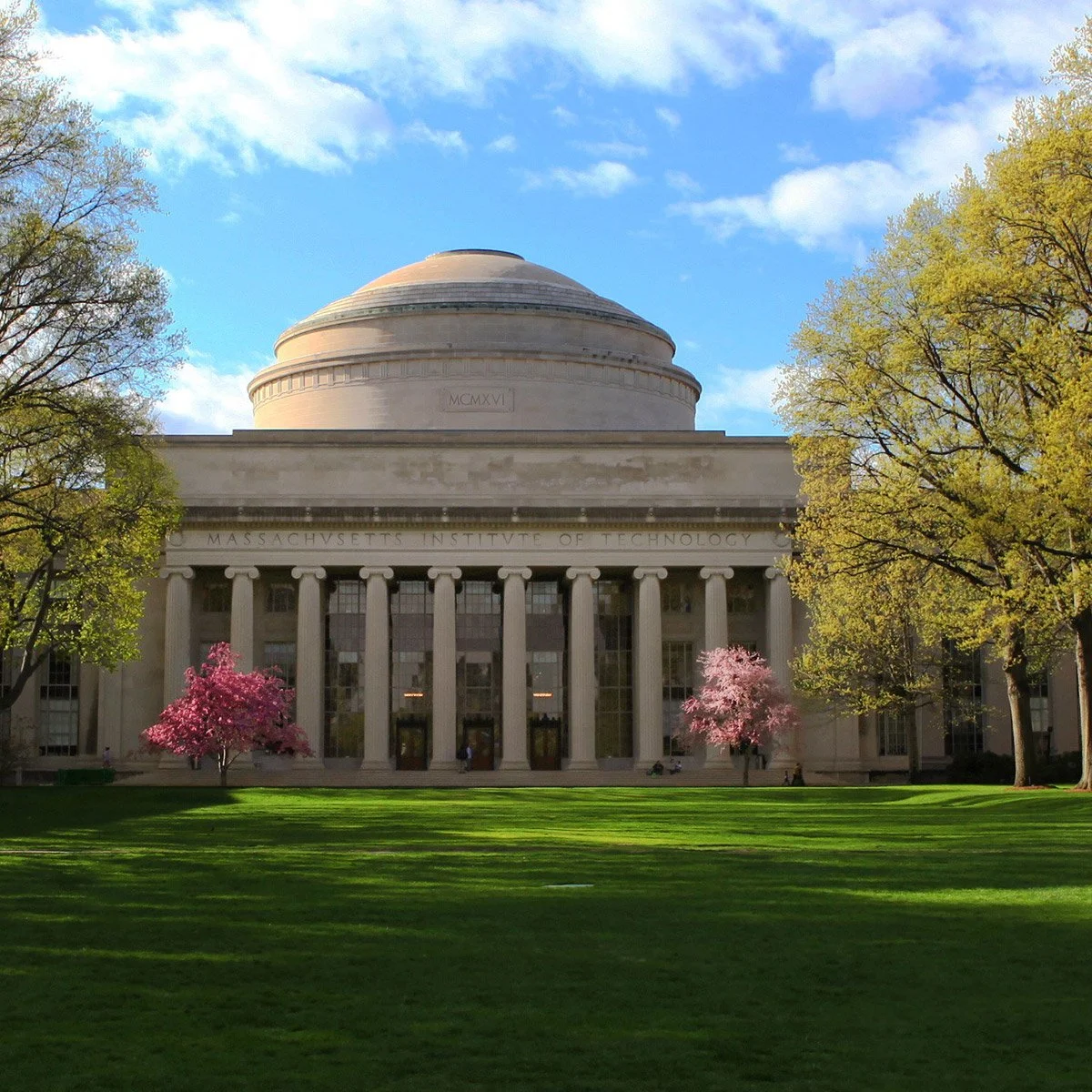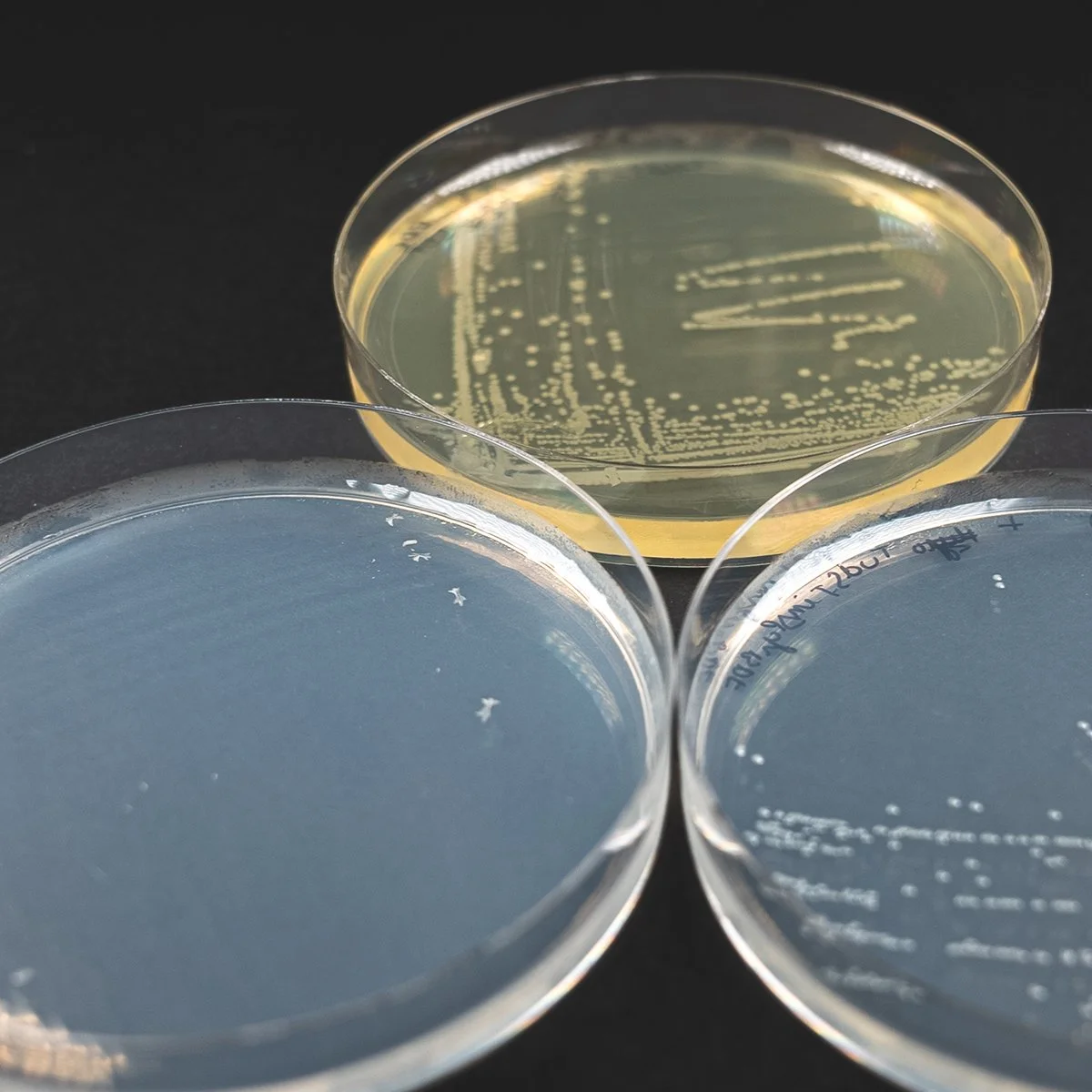A group of U.K. research universities is quantifying carbon and cost-saving and targeting scientific reproducibility to reduce waste using The Laboratory Efficiency Assessment Framework (LEAF). Excitingly, the University of Bristol plans to expand LEAF institution-wide and certify every lab green! This endeavor is an exceptional opportunity for early-career scientists to gain lab optimization skills and become more competitive for industry jobs and research grants.
Many thanks to the LEAF team at the University of Bristol for the following interview!
1. Can you discuss how you were able to get your institution to agree to such a commitment?
To our understanding, no other institution globally has managed a 100% uptake of such a scheme. We would say it was a confluence of factors. Firstly, Bristol has three years of Green Lab Certification under its belt and a strong Green Labs Network of committed individuals. Our STEM Schools have observed the reputational, financial, and environmental benefits from taking part in previous years. Institutional Green Lab Certification via LEAF aligns with our departmental Climate Action Plans, which are mandatory in 2020 and are a result of our climate emergency declaration. Lastly, our strong technical leadership and structure enable us to have a systematic and thorough approach to institutional certification. It is of course a benefit that the general public are increasingly engaged in environmental sustainability.
2. What is LEAF?
The Laboratory Efficiency Assessment Framework (LEAF) is a new green lab certification developed by UCL to drive sustainability and efficiency in STEM laboratories. The LEAF programme provides support tools alongside a sustainability standard for laboratories to reduce their environmental impact. By fulfilling criteria around energy use, waste, chemicals and travel, users can aim for Bronze, Silver or Gold certification. Lab users can calculate their lab’s environmental impact before and after the programme using the LEAF calculators which quantify financial and environmental savings.
3. What sets LEAF apart from the green lab accreditation at your university?
LEAF has a host of advantages, most notably the inclusion of metrics and calculator tabs enabling groups to quantify economic and carbon savings and track progress more easily. It also has a stronger focus on carbon emissions from products, travel, and waste (known as indirect or scope 3 emissions). The programme is also supported by the UK Reproducibility Network (UKRN) and the National Technician Development Centre (NTDC).
4. How is LEAF designed to benefit science?
Beyond reducing the environmental impact of laboratories, the LEAF criteria also aim to improve research quality and address the reproducibility crisis. Poor experimental design and repeating experiments unnecessarily can represent a huge misuse of time and resources. The research quality criteria within LEAF promote research that is more rigorous, thoughtful, and dependable, and includes concepts such as centrally shared protocols, equipment calibration, and forums for discussing negative results. Improving research quality has the potential to improve reproducibility and replicability as well as environmental sustainability.
5. What will be the environmental impact when the University of Bristol meets its goal to achieve 100% Green Lab Certification?
Considering labs account for 40% of the University’s energy consumption despite occupying only 6% of space, achieving institutional Green Lab Certification will be critical in helping us become a net carbon-neutral campus by 2030 and align with the University’s ‘climate emergency’ declaration. In 2019, over one-fifth of our labs achieved LEAF status saving an impressive 92 tonnes of carbon. Although we can’t comprehensively calculate future savings, it is predicted that 100% certification could save up to 460 tonnes CO 2 per year and around £150,000. Welcoming participation from lab users, technicians, academics and student volunteers has widened awareness surrounding green lab practices in STEM buildings. We believe the framework has encouraged departments to become more proactive in identifying areas of improvement which has led to procuring more environmentally-friendly plant room equipment and improving the insulation in our buildings.
6. What prompted the University of Bristol to join the LEAF pilot in 2019?
The University of Bristol’s Sustainable Science Manager, Anna Lewis is part of the national LEAF steering group and often collaborates with Martin Farley (UCL, LEAF developer) through the Laboratory Efficiency Action Network (LEAN). LEAN is a group for sustainability practitioners working to improve lab efficiency and sustainability in UK Higher Education. LEAF was an attractive certification because it is being developed and supported by UCL as a national, centralized scheme that aims to be the sustainable science standard for the sector. The University of Bristol has a long-standing commitment to sustainability and has implemented many environmental actions over recent years. In 2015, we pledged to become a net carbon-neutral campus by 2030; In 2018 we announced divestment from all fossil fuel companies by 2020; Last year, we became the first university in the UK to declare a ‘climate emergency’ resulting in all of our Schools creating their own Climate Action Plan. LEAF is an effective way for the University to improve our most carbon intensive areas (STEM buildings) and meet our carbon reduction commitments.
7. Twenty-seven out of the thirty University of Bristol teams that earned Green Lab Certification last year were biology teams. What factors lead to that success?
On-the-ground Green Lab Certification was mostly driven by our incredible technicians. Achieving whole building certification in our Biomedical Sciences Building and Southmead Learning & Research Centre is largely thanks to the efforts of engaged and active central technical teams. For LEAF 2020 there is a big push to widen and increase lab user participation. Many technicians reported that they felt participating in certification is a fantastic way to increase career development.
8. What parts of laboratory work have been the biggest environmental concerns for biologists?
In light of the ‘Attenborough Effect’, many lab users and students have expressed their concerns over the large quantity of waste produced by labs, particularly single-use plastics. The LEAF waste management criteria promote the three Rs (Reuse, Repurpose, Recycle) and minimise waste sent to landfills, with the accompanying LEAF technical guides providing precise steps on how this may be achieved. The most energy-intensive aspect of STEM buildings by far is heating, ventilation, air conditioning (HVAC) and LEAF also includes energy saving measures such as shutting the sash of fume hoods to address this.
Sir David Attenborough has affected the world’s view on single-use plastics.
9. What types of roles do Green Lab Certification participants have?
This varies from team-to-team, but at least one person is nominated to lead certification per group and coordinate with the Green Labs Team, Sustainability Department. Historically, our technical teams have been particularly engaged and have driven green lab certification. This year, we are aiming to have one technical staff representative to help with the operational criteria but also increase involvement by academics to allow the criteria to be met more effectively on account of greater familiarity with the lab space and their research activities. LEAF also aims to improve the student experience by providing volunteering opportunities as Laboratory Efficiency Assessment Volunteers (LEAVs) who conduct audits and aid the lab in completing the criteria.
10. How have principle investigators been supportive?
Most PIs are very supportive but understandably, there was some resistance to the framework due to busy schedules and concerns over time commitments. However, completing Bronze certification may only take an average of five hours, because many of our labs were already running to Bronze standards thanks to previous years’ Green Lab Certification and already established central operations. From our experience, PIs are driven by the reputational benefits of a science sustainability standard, and the fact that it improves student experience through our volunteer scheme (LEAVs - Laboratory Efficiency Assessment Volunteers). Many PIs were surprised to learn how “LEAF could positively impact their sustainability credentials” and more teams get involved and aim for higher awards each year.
11. Are there any benefits to biology students involved?
Although participation is highest in the Life and Health Sciences Faculties, Green Lab Certification encompasses all STEM labs and volunteering is open to all STEM students. The Green Labs Team provides our student volunteers with training in sustainable lab practices and conducting environmental audits. The volunteers gain a fantastic insight into the day-to-day operations of a research lab as well as the opportunity to connect with research groups across the University and to learn about their work. Our Green Labs volunteering scheme is recognised by the Bristol Plus Award as an intensive skills activity and is a great way for students to boost their CV.
12. What were some of the laboratory improvements that resulted from the national LEAF pilot project?
Three-quarters of national participants reported that the programme drove new improvements. Green Lab Certification directly helped Bristol reduce our clinical waste and improve recycling rates; a big success was introducing recycling caddies to the entire Biomedical Sciences Building. The Biological Sciences teaching labs have also started a pipette tip re-use scheme in practicals. As mentioned earlier, certification gets people engaged in sustainability and many teams have started their own projects which has been wonderful. For example, our Biomedical Sciences Building has implemented a freecycle scheme where equipment and consumables are donated within the Faculty rather than discarded which was often the case before. The Green Lab principles have now been included many lab inductions and for some teams, sustainability is now being included in tender specifications and procurement decisions which was rarely done prior to running a Green Lab Certification programme.
13. Can you tell us about any research projects related to sustainable life science laboratory work?
‘Living Labs’ are projects that involve the University’s academic and students’ research capabilities to provide real-world applied solutions to sustainability issues on our campus. Currently, a Masters student from Queen Mary University is conducting a research study evaluating LEAF 2020 and investigating how sustainable lab frameworks can be applied to clinical laboratories. We’ve also run several projects at the University of Bristol covering topics such as the environmental and financial benefits of laboratory equipment reuse, behavioural psychology and drivers behind sustainability in scientific activities, and our engineering students have carried out data analysis of smart lighting controls in our buildings.
14. What impact has COVID-19 had on laboratory work?
As a result of COVID-19, all laboratories have been closed except for equipment maintenance, essential services and research related to COVID-19. Lab users have altered their priorities and adapted their research to remote working by reading research papers, learning new online skills, updating lab protocols, writing grant applications and planning future experiments.
Fortunately, most of the Bronze certification can still be completed remotely, and Green Labs have been encouraging teams to start criteria before they get back into the laboratory. As part of the University’s phase I return to research, some of our research facilities are starting to reopen subject to social distancing measures and government guidelines.
15. How are you adapting the Green Lab Certification?
Much of the framework can still be completed whilst working from home (WFH) and we have adapted and colour-coded the criteria with a traffic light system. Green criteria can be completed remotely, amber can be partially completed depending on the lab, and red can only be completed once the lab reopens. Despite the pandemic, sustainability remains a top priority for the University of Bristol and we remain committed to our ambition of 100% Green Lab Certification.
16. If another institution wanted to achieve something similar, what would you advise them?
We advise they invest in a central role to coordinate Green Lab Certification if they aim to gain it at the institution level - and there is an obvious payback and business case to be made for that. That is not to say those individual labs cannot take part on a grassroots level but at Bristol we think part of our success is due to our investment in sustainable science communications, and the central administration and support we provide. We currently have a team of five who manage the Green Labs Initiative (four student interns and the Sustainable Science Manager).
17. What is the best way for scientists to learn more about Green Lab Certification?
If interested in enrolling your labs into LEAF, contact Sustainable UCL and ask to speak with the programme manager Martin Farley (m.farley@ucl.ac.uK). UCL can provide a webinar about what implementing LEAF entails, and share guides and resources.
In the meantime, start local Green Labs groups! Anyone who is interested to find out more about the University of Bristol Green Labs can visit our website or email us at green-labs@bristol.ac.uk. Or to join the national network of sustainable STEM professionals, scientists can join the Laboratory Efficiency Action Network (LEAN).




